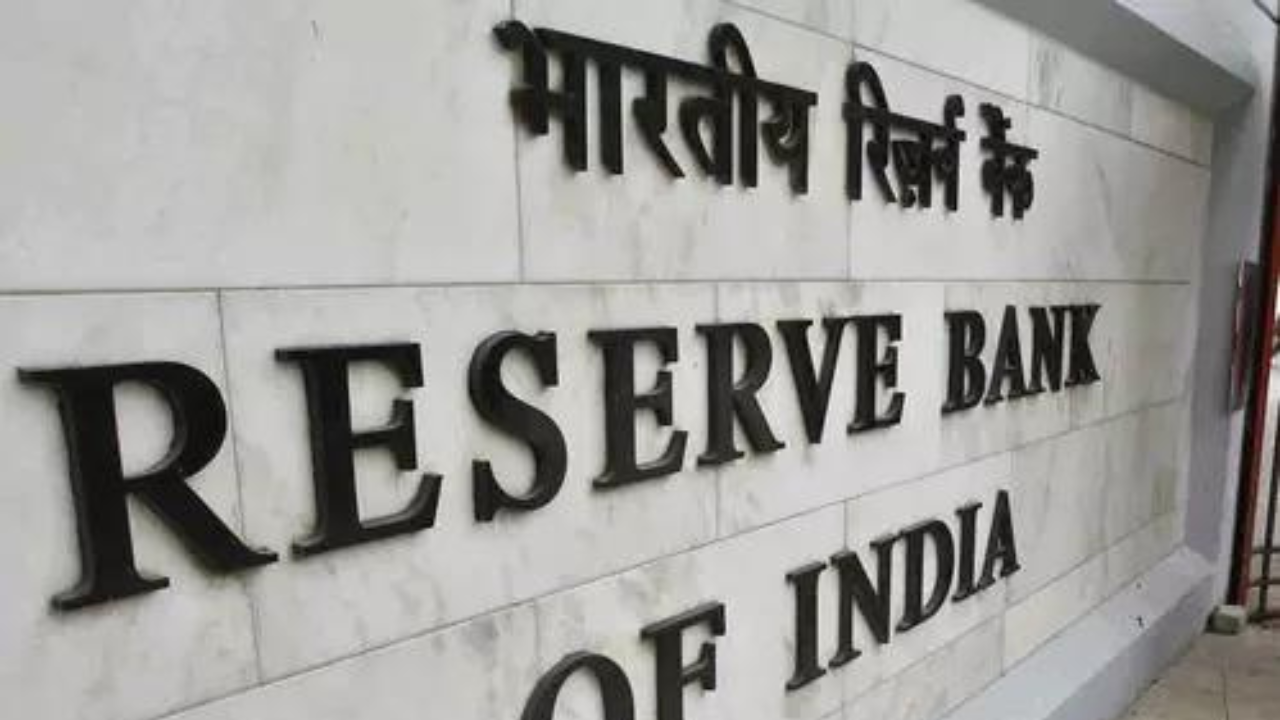[ad_1]
Q1: What has the Reserve Bank proposed regarding climate-related financial risks?
A1: The Reserve Bank has proposed making it mandatory for banks and Non-Banking Financial Companies (NBFCs) to disclose information about their climate-related financial risks on a standalone basis.
Q2: What are climate-related financial risks?
A2: Climate-related financial risks refer to potential risks that may arise from climate change or efforts to mitigate climate change, along with their related impacts and economic and financial consequences.
Q3: Who are affected by the proposed disclosure requirements?
A3: The affected entities include commercial banks (excluding Local Area Banks, Payments Banks, and Regional Rural Banks), certain primary (Urban) cooperative banks, All-India Financial Institutions (like EXIM Bank, NABARD, NaBFID, NHB, and SIDBI), and all large NBFCs.
Q4: Why is it important for regulated entities to disclose information on climate-related financial risks?
A4: Disclosing information on climate-related financial risks helps in early assessment of such risks and opportunities, facilitates market discipline, and has significant implications for financial stability.
Q5: Should the disclosures be made on a standalone or consolidated basis?
A5: The disclosures should be made on a standalone basis and not on a consolidated basis. Foreign banks are required to make disclosures specific to their operations in India.
Q6: What are the thematic areas covered by the draft guidelines?
A6: The disclosures should cover four thematic areas: Governance, Strategy, Risk Management, and Metrics and Targets.
Q7: What is the significance of these disclosures?
A7: These disclosures aim to provide more structured information about climate-related financial risks, enhancing transparency and accountability among financial institutions.
Q8: How should these disclosures be reviewed and controlled?
A8: The disclosures should be subject to appropriate internal control assessments and should be reviewed by the Board of Directors or a Committee of the Board.
Q9: By when are comments on the draft guidelines invited?
A9: The Reserve Bank has invited comments on the draft guidelines by April 30, 2024.
A1: The Reserve Bank has proposed making it mandatory for banks and Non-Banking Financial Companies (NBFCs) to disclose information about their climate-related financial risks on a standalone basis.
Q2: What are climate-related financial risks?
A2: Climate-related financial risks refer to potential risks that may arise from climate change or efforts to mitigate climate change, along with their related impacts and economic and financial consequences.
Q3: Who are affected by the proposed disclosure requirements?
A3: The affected entities include commercial banks (excluding Local Area Banks, Payments Banks, and Regional Rural Banks), certain primary (Urban) cooperative banks, All-India Financial Institutions (like EXIM Bank, NABARD, NaBFID, NHB, and SIDBI), and all large NBFCs.
Q4: Why is it important for regulated entities to disclose information on climate-related financial risks?
A4: Disclosing information on climate-related financial risks helps in early assessment of such risks and opportunities, facilitates market discipline, and has significant implications for financial stability.
Q5: Should the disclosures be made on a standalone or consolidated basis?
A5: The disclosures should be made on a standalone basis and not on a consolidated basis. Foreign banks are required to make disclosures specific to their operations in India.
Q6: What are the thematic areas covered by the draft guidelines?
A6: The disclosures should cover four thematic areas: Governance, Strategy, Risk Management, and Metrics and Targets.
Q7: What is the significance of these disclosures?
A7: These disclosures aim to provide more structured information about climate-related financial risks, enhancing transparency and accountability among financial institutions.
Q8: How should these disclosures be reviewed and controlled?
A8: The disclosures should be subject to appropriate internal control assessments and should be reviewed by the Board of Directors or a Committee of the Board.
Q9: By when are comments on the draft guidelines invited?
A9: The Reserve Bank has invited comments on the draft guidelines by April 30, 2024.
[ad_2]
Source link



